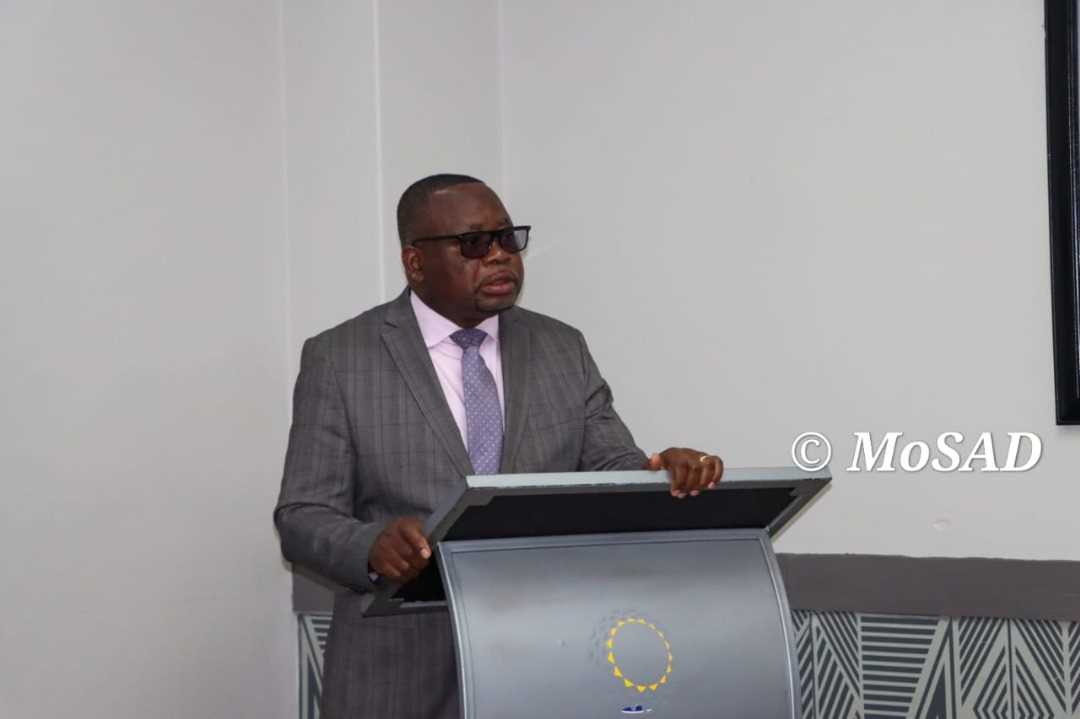
Oscar J Jeke- Zim Now Reporter
With over 60% of Zimbabwe’s workforce employed in the informal sector and nearly 70% of O-Level students failing to secure formal qualifications each year, government officials and education experts are calling for urgent policy reforms to recognize and harness informal skills as a critical pathway to economic inclusion and national development.
The call comes as the country grapples with high youth unemployment and limited formal job opportunities.
Central to the debate is the need to formalise skills acquired outside traditional schooling systems—such as mechanics, tailoring, farming, and street vending—trades that sustain millions of livelihoods but remain largely unacknowledged by formal structures.
Speaking during a skills development engagement in Harare, the Minister of Skills Audit and Development, Professor Paul Mavima, emphasized the urgency of recognizing and certifying informal workers.
“Every skill counts,” he said. “A mechanic with 10 years of experience deserves recognition just as much as a graduate. We must build a system that values all contributions. Not everyone needs a degree to succeed.”
Zimbabwe’s education system produces thousands of school leavers annually who fail to progress due to poor academic results, with an O-Level pass rate hovering around 30%. Despite lacking certificates, many of these youths possess practical skills acquired informally or through family trades.
However, they face barriers to formal employment, financial support, and career advancement.
Development experts argue that integrating these young people into the mainstream economy requires a multi-pronged approach. Proposed interventions include: Expanding Technical and Vocational Education and Training institutions, introducing short-term certification programs in trades such as welding, agribusiness, ICT, and carpentry, forging partnerships with industries for apprenticeships in sectors like mining and manufacturing.
Related Stories
Recognition of Prior Learning —a global best practice already implemented in countries like South Africa, Kenya, and India—is being championed for Zimbabwe. RPL allows informal or experiential skills to be assessed and certified without formal schooling.
Experts suggest that implementing a National Skills Database to track competencies would strengthen this initiative, enabling certified individuals to access formal jobs, training opportunities, and financial services.
Communities and youth advocacy groups are also urging the government to invest in entrepreneurship support, including micro-finance schemes, business management training, and startup grants for informal traders.
The formation of cooperatives for small-scale miners, vendors, and artisans is also being promoted as a way to create sustainable income streams and shared benefits.
The government has already initiated a **national skills audit** to identify gaps and opportunities across sectors. Policy reforms under discussion include: Simplified business registration for informal operators, tax incentives for small enterprises, integrating practical skills into the formal school curriculum to offer alternative pathways for learners.
“These reforms are critical,” Prof. Mavima said. “We must create an economy where every skill—whether academic or informal—contributes meaningfully. Recognizing informal skills isn’t just about fairness; it’s about building an inclusive and productive future.”
Experts agree that Zimbabwe’s economic recovery hinges on inclusive growth and youth empowerment.
Formalising and investing in informal skills development could unlock the potential of millions while reducing the country’s over-reliance on a narrow academic pipeline.


















Leave Comments